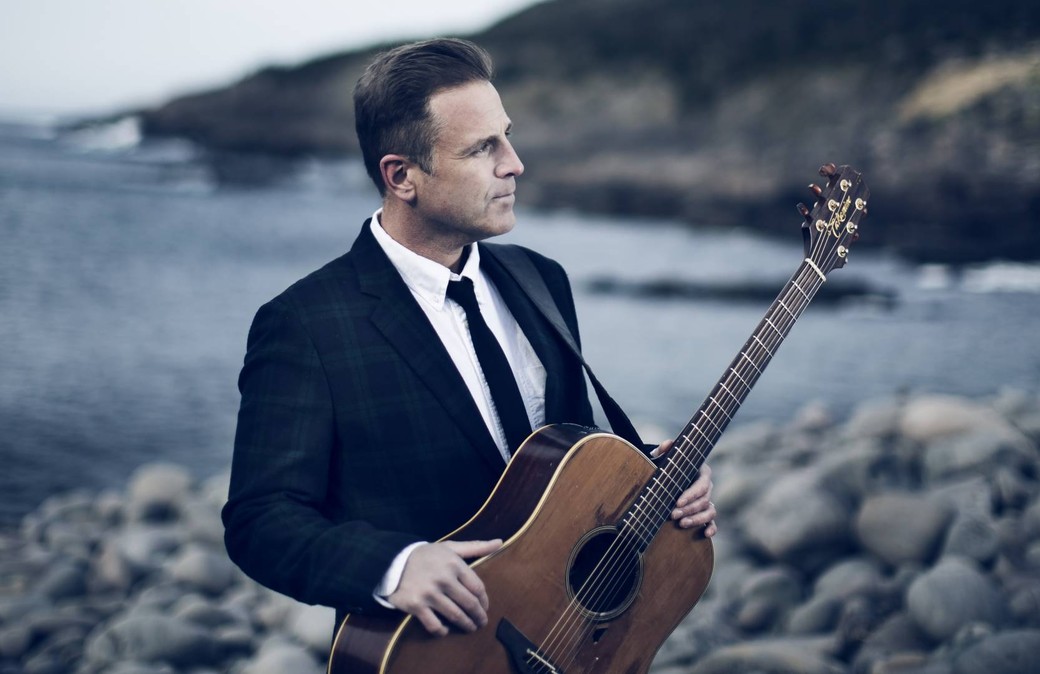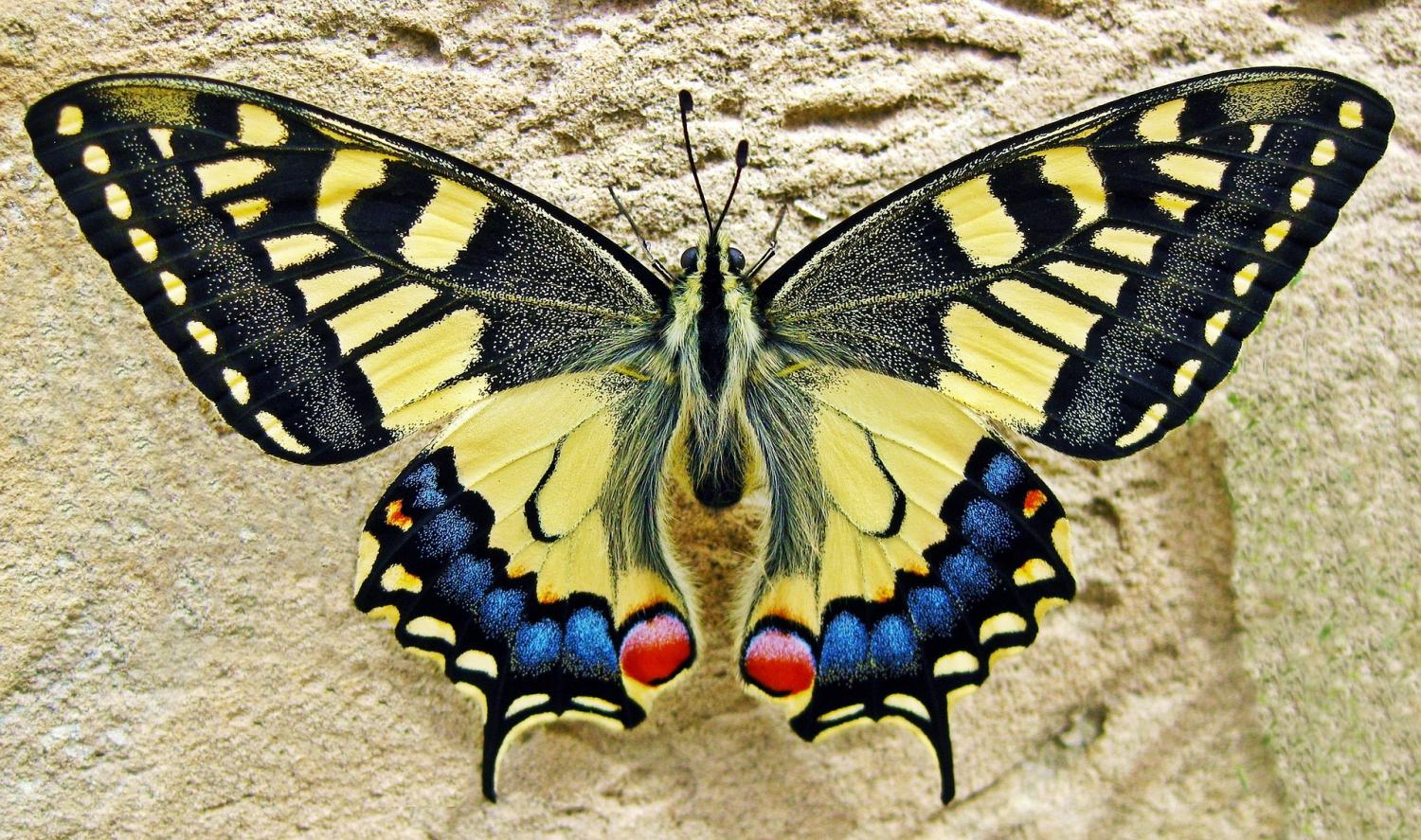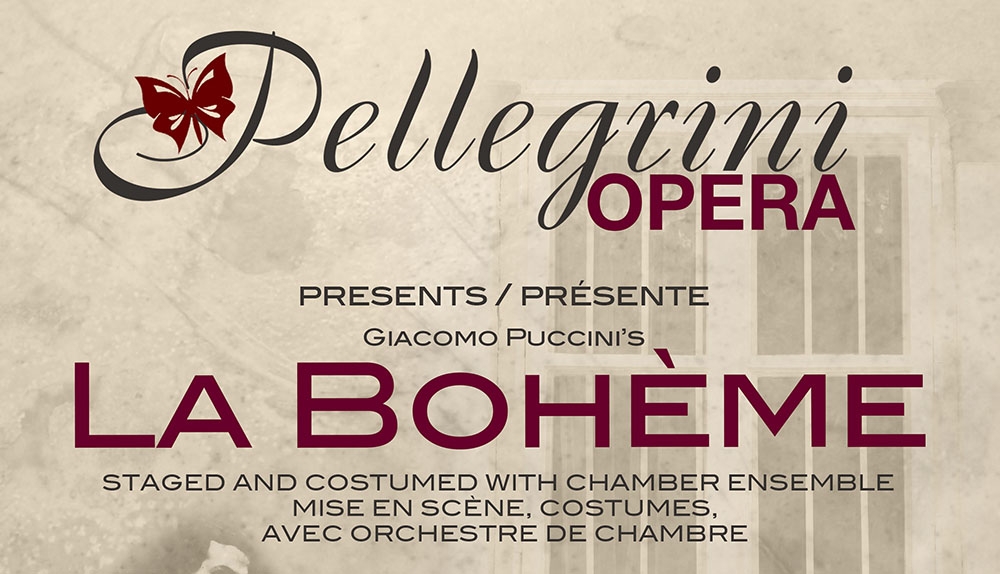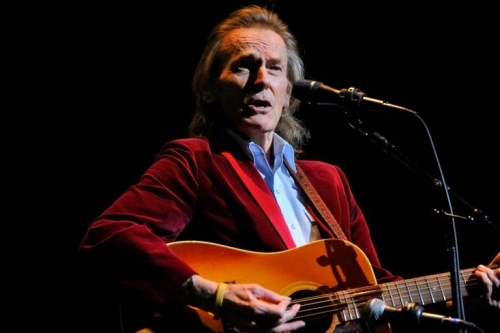
From the Rock to the Capital, Séan McCann’s Road to Recovery: Part 1
Photos by Dave Howells / Artwork by Meaghan Smith
Séan McCann stood facing the two men he’d spent 20 years of his life with. As musicians, they travelled miles together for hundreds of nights in song. Now they were silent.
It was two months before a tour that would celebrate their band. Soon the sound of thousands of screaming fans would thunder into his ears like the wild Atlantic combers of his Newfoundland home but, on this day, the years, fans, accolades, and memories have culminated into one difficult choice. For two decades McCann was part of Canada’s biggest party band, Great Big Sea, and soon it would be over.
It was a time of great change for a man who has struggled with alcoholism since a parish priest poured him his first drink as a child. The very same man he trusted would also sexually abuse the young McCann, something the musician has only recently become more open about facing along with his drinking.
Two years prior to deciding to leave the band, McCann’s wife gave him an ultimatum: he would have to quit trying to kill himself with alcohol or risk losing his family. To do this he knew he had to uproot not just professionally but altogether. This also meant leaving the the place he called home.
It wouldn't be the first time. As a child his family moved from the small fishing community of Gull Island, Newfoundland to St. John's where he would eventually meet bandmates Alan Doyle, Bob Hallett and Darrell Power. Together they would tour the world but at that moment, looking back on the his journey, he knew a different path awaited.
It would be a road to recovery, one that would eventually lead him to a solo career, sobriety, an unexpected twist as a speaker for recovering alcoholics, and a new life in nation's capital.
In the first part of Ottawa Life's interview with McCann the musician openly discusses his roots, his demons as well as overcoming them, time spent with Great Big Sea and what lead to his decisions to leave the band.
Ottawa Life: You grew up in a pretty small village. What was life like on Gull Island, Newfoundland?
Séan McCann: The McCann’s have squeezed a living out of Gull Island for six generations. I was only a full time resident for two years but I did spend all my summers and holidays “around the bay” with my grandparents and got to experience rural Newfoundland living prior to the Cod Moratorium in 1992. One of the first things the government did was destroy all the local slipways and wharfs to deter small boat owners from fishing illegally. Those days will never return and I am grateful to have been there before the end. I remember the old ways in song ("England", "Son of a Sailor") for my children.
What perpetuated the family move to St. John’s?
Employment has always been an issue in Newfoundland. My father and mother both found jobs in the great big city (population 250,000) so I guess I got to experience the best of both worlds.
 Can you tell me about your early experiences with music growing up?
Can you tell me about your early experiences with music growing up?
There was a piano in our house that nobody played but the radio was on constantly and someone was always singing along. All parties and family gatherings were held in the kitchen and stories and songs were always encouraged and expected so you wanted to have one handy just in case you were called upon.
You had a horrible experience with a priest as a teen. How do you feel that shaped your life?
My parish priest approached me in the confessional when I was 14 years old. I was young and innocent so instead of being alarmed and wary, I just felt “special” because God’s representative on earth had singled me out for attention. My parents invited him into our home and we all felt “special”. Then he began to sexually abuse me and I didn’t feel very “special” anymore. The “horrible experience” left me feeling hurt, ashamed, angry, and betrayed. It is a scar that will never heal.
I understand he was also the one who introduced to you alcohol?
He poured me my first drink.
If you could talk to that man now what would you say?
Why?
In adulthood, you have been more forthcoming about that abuse. Even to your parents. Has that helped you personally and do you feel the admission brought you closer to your family?
I have learned that you cannot overcome your problems unless you are willing to face them. For over thirty years I used alcohol and drugs as anesthetic to cover up my constant pain and it almost killed me. Five years ago I finally faced my fear and my past is no longer my prison. The Truth is not always an easy thing to accept but just because a thing is hard doesn’t mean we shouldn’t try. My relationship with my family is no longer rooted in secrets so I believe it is stronger than ever. I am not a victim. I am a survivor.
You were getting a Masters in Folklore when Great Big Sea was formed. What made you want to pursue that and is that element still very important to you?
I guess I was looking for a real job that I wouldn’t hate. I loved folk songs and felt like it might be fun to pursue them as a career but after just a few classes I realized the real fun was not in documenting but actually doing it and I will keep on doing it as long as I can.
However did you get the nickname Shantyman?
Every good band has it’s “screamer” or “power singer” and in Great Big Sea this task fell to me. Shanties were sung by sailors to help them work more efficiently by hauling together in time but the lyrics often gave voice to their deep dissatisfaction and sense of injustice. In Shanties I hear the sound of social revolution.
 What was the music scene like in St. John’s while you were there and how did you incorporate yourself into it?
What was the music scene like in St. John’s while you were there and how did you incorporate yourself into it?
St. John’s always was and forever will be full of cheap bars with decent bands and five bucks cover will get you a lot further musically than it really should. Dense in traditional culture and controversial history, St. John’s feels closer to Dublin than Ottawa. There is no easier place in North America to get drunk. It is Canada’s own New Orleans. I grew up in the shadow of Figgy Duff, The Wonderful Grand Band, and Ryan’s Fancy. I could see them any given night for a fiver and might literally bang into them on the street the next day. It was like walking among giants. I started my first band Rankin Street with Bob Hallett and Darrell Power when I was 23 years old. I had just bought a guitar but I couldn’t play a chord. I never occurred to me that this might be a problem.
So from Rankin Street to Great Big Sea. How did the band form from your perspective?
Rankin Street was locally very successful but had run it’s course after two years. We had a full house at Nautical Nellies one night and I wanted to get away from the crowd for a quiet pint on our break so I crossed the street to the Rose and Thistle where a duo “Staggering Home” were playing. It was a blue comedy act. One of the dudes was Alan Doyle and even though there were only six people in the bar he played the room like it was Wembley Stadium. He even brought a light to shine on himself so his antics would not go unnoticed. He was willing to do just about anything for attention and that is exactly what a band needs if it wants to be big. We started rehearsing the next week.
The band didn’t take long to find success, with Up only being released a few years after your first gig together. Did the success surprise you all and how did it change you personally?
Our first album was actually the self titled 1993 independent release Great Big Sea. We played every dive in the Maritimes and managed to sell about ten thousand copies on cassette. Warner Bros didn’t really understand us but they could see the financial potential and wanted in. We released Up on Warner in 1995 and it went on to sell almost 500,000 copies. We were all really focused and worked very hard so our success was not a surprise to me. We made a lot of money. What surprised me was how empty that can feel when you are hiding from the truth.
What’s one of your favourite Great Big Sea road stories?
Myself and Alan were out drinking way too much at the Belly Up Tavern in Aspen, Colorado after a very poorly attended show at The Wheeler Opera House. It was March 14th, 2010 (our annual St. Patrick’s week always failed greedy attempt at the american green beer cash grab) and the rift in our relationship was already rearing it’s ugly, angry head. I really can’t remember much about the details or who started the row but the next morning I woke up all scratches and dents and I knew that our growing frustration with each other had unfortunately gotten physical. Alan called and asked me what happened (his memory apparently as impaired as my own) and we both apologized to each other profusely and decided to gather for a walk once our respective raging hangovers subsided enough to withstand the glare of the mountain sun. We later found our severely dehydrated selves in the John Denver Sanctuary down by the Roaring Fork River laughing off our foolish altercation and letting the spring air repair our rum soaked hearts. The slow moving river soothed us both and I remember feeling warm. Much has happened between now and then and not all of it has been good but I will always remember the peace I felt that day down by the river walking with my friend, working to overcome our differences, willing to forgive. I wrote the song “This Life is an Ocean of Love” for Alan.
 You mention band riffs. Did you find, with so many creative members in Great Big Sea, it was a struggle to get your songs on the albums or was it really a collaborative effort?
You mention band riffs. Did you find, with so many creative members in Great Big Sea, it was a struggle to get your songs on the albums or was it really a collaborative effort?
Great Big Sea had a very clear and specific mandate. We were part Newfoundland tourism commercial and part “Celtic Boy Band”. The formula worked but it really didn’t leave much room for imagination. Our set list barley changed for fifteen years and most of my songs never made it into the studio. Bands are hard and consensus is almost impossible when egos get involved.
Was there a catalyst that finally made you give up drinking?
I believe in a Higher Power. Her name is Andrea and she is my wife. Five years ago (November 9th, 2011) she gave me an ultimatum. I had to stop immediately or I would lose her and my two boys (Keegan and Finnegan) forever. I am lucky that she loved me enough to give me that ultimatum because it ultimately saved my life. I haven’t had a drink since.
What were some of the other things you did to overcome the drinking?
The first year of my sobriety was extremely difficult. “Drinking Buddies” are not your true friends and they tend to scatter when the liquor disappears. I felt very isolated and I really wanted to drink but instead of reaching for the bottle, I reached for my guitar. “Old Brown” has stayed at my side from the very beginning and has literally held me up for many a pub anthem. I poured my heart into that old guitar and began to write new songs. These songs enabled me to say things that were just too hard to say and did much to encourage my recovery. They eventually became “Help Your Self”.

Around this time you started thinking about leaving the band. Can you tell me what went into your decision?
Great Big Sea was Canada’s biggest party band. Every night for us was Saturday night whether that was Wednesday in Winnipeg or Tuesday in Sault-Saint Marie. Our daily rider consisted of: 1 bottle single malt scotch, 4 bottles of wine, and 48 beer. This is what I had to walk past every day I went to work. Great Big Sea was a great place for an alcoholic to hide but a very bad place to attempt a recovery.
How did you break the news to them and how was it received?
On January 7th, 2013 I told Alan and Bob that I could no longer continue in the band and that I intended to leave in April 2014 after our greatest hits/20th anniversary (XX) tour was over. My news was accepted and received in silence and we did not speak about it on the bus during the entire tour. In fact, we didn’t speak at all. It was the hardest time of my recovery and I am really glad it’s over.
What do you miss the most about being in GBS?
The money.
Do you totally write out a possible reunion with the band?
We are all on very different life paths. While I respect our past together, I now look forward to brighter future apart.
In the second part of our Interview, McCann discusses his move to Ottawa, his work with other recovering alcoholics, how he spends his time in the capital as well as is new solo album and tour which has him performing at the National Arts Centre on October 22nd. Tickets can be purchased here.









